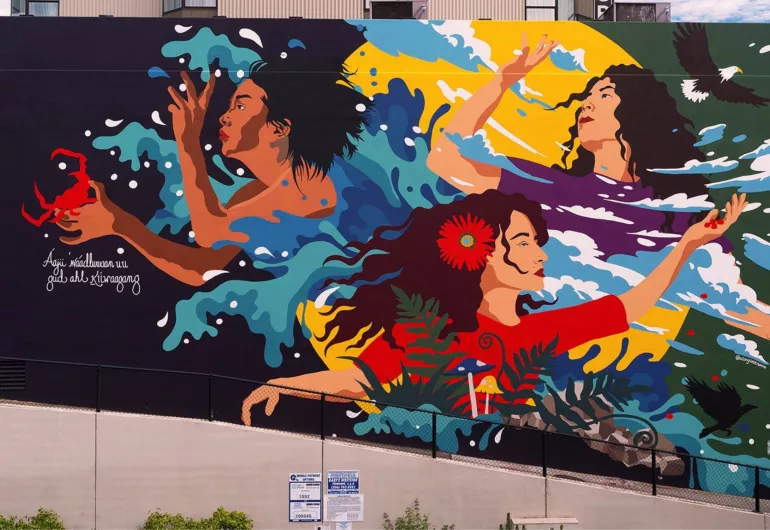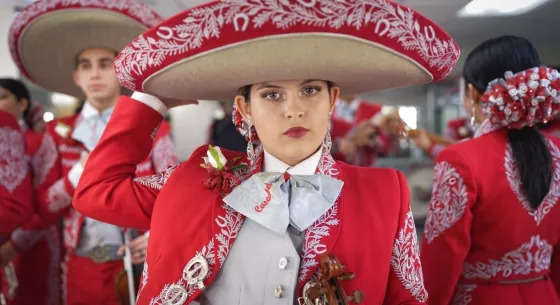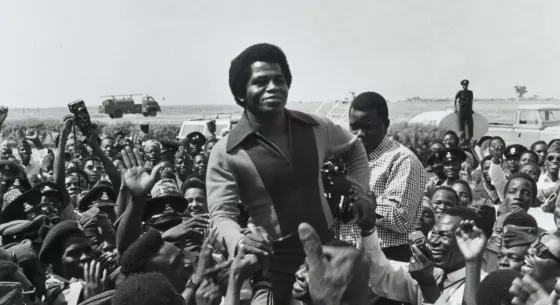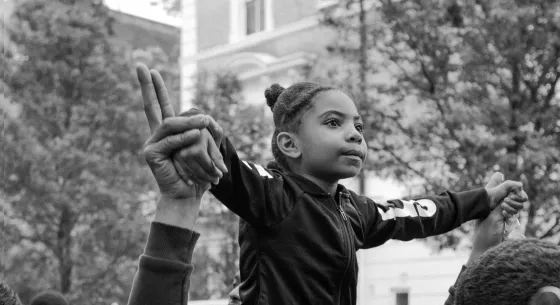About the Presenters
Clint Carroll is Associate Professor of Ethnic Studies at the University of Colorado Boulder. A citizen of the Cherokee Nation, he works closely with Cherokee people in Oklahoma on issues of land conservation and the perpetuation of land-based knowledge and ways of life. He is the author of Roots of Our Renewal: Ethnobotany and Cherokee Environmental Governance (University of Minnesota Press), currently co-edits the Cambridge University Press seriesElements in Indigenous Environmental Research, and serves on the editorial boards for Cultural Anthropology and Environment and Society. He has received fellowships from the Ford Foundation, the Udall Foundation, the U.S. Environmental Protection Agency, and the National Science Foundation. He is an active member of the Native American and Indigenous Studies Association and the Society for Applied Anthropology. He is a board member for Indigenous Education, Inc. (home of the Cobell Scholarship) and was recently elected to the Denver Botanic Gardens Board of Trustees (2022-2025).
Wendy F. K’ah Skaahluwaa Todd, Ph.D. is Alaska Native Haida of the Sáangaahl ‘Láanaas Sdast’as clan (Fish egg house). Dr. Todd is a Dr. Howard Highholt Endowed Professor at the University of Minnesota Duluth with an appointment in American Indian Studies and Earth & Environmental Sciences. She is an oceanographer and environmental scientist focusing on examining microbial ecology, molecular diversity, biogeochemistry, and biomineralization of groundwater. In addition, she conducts social science research on the impacts of diversity in STEM to gain a better understanding, appreciation, and respect for diverse students, faculty, and communities. She founded the Indigenous Geoscience Community, a community of Indigenous geoscientists who come together to share cross-cultural knowledge and is co-founder of the Indigenous Women’s Water Sisterhood to provide knowledge to the importance of water and Indigenous women’s role as water protectors.
Moderator
Mona Smith, Sisseton-Wahpeton Dakota, is a multimedia artist, educator, and co-founder of Allies: media/art and the Healing Place Collaborative. Her media work includes art projects for the web and multimedia installation work, most notably the Bde Maka Ska public art collaboration (2020), Cloudy Waters: Dakota Reflections on the River (Minnesota History Center, 2005, a permanent audio installation at the Mill City Museum’s Ruins Courtyard at the Minneapolis Riverfront in 2011, and Science Museum of Minnesota in 2015), the Bdote Memory Map (with the Minnesota Humanities Center), and the multimedia Dakota welcome installation to Hearts of our People: Native Women Artists exhibition at the Minneapolis Institute of Art in 2019. She has served as consultant for the planning for Indian Mounds Park (sic) and provided video work for the site. She has been part of the Dakota Community Council and is a member of the Native Partnership Council of the Friends of the Falls. She is a member of the PLaCE (Place, Location and Context and Environment) Research Consortium based at the University of West England in Bristol, England, and is a member of the Mapping Spectral Traces International Network. Her artistic and educational work uses image, sound, and place to work “between”—the place of healing, of relationship, of meaning where spirit and physical, life and death, fear and strength, night and day intersect.



